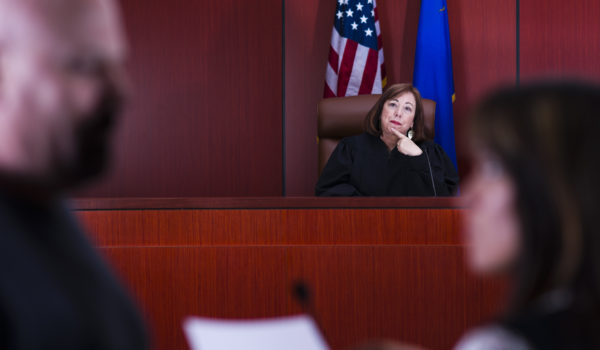Preparing an appellate brief or gearing up for oral arguments often centers on presenting your own case as effectively as possible. But the art of the rebuttal can be even more important. A powerful rebuttal dismantles your opponent’s case, solidifies your position, and can be the decisive factor in a successful appeal.
A rebuttal argument is not merely a defensive maneuver but a strategic counterattack. The goal is not just to defend your case against criticisms but to challenge the opposing party’s arguments. Successfully rebutting requires insight into both the strengths and vulnerabilities of the opposition’s arguments.
Whether in the brief or at oral argument, space or time constraints require brevity and clarity. You cannot get distracted by “low hanging fruit” for which the response may be obvious to the court. Instead, focus on the major opposing points and concisely outline how they are factually incorrect or legally unsound.
An appellant’s rebuttal in oral argument is even more vital. Appellate advocates must listen and adapt. Often, judges’ questions for the other side will reveal the areas that need to be addressed. Effective rebuttals come from a clear understanding of exactly what the opposing counsel or the judges consider the strongest points of the other side’s argument—and a targeted rebuttal of only those points.
The best rebuttals seem spontaneous, but they are no doubt the result of rigorous practice and preparation. Advocates anticipate the rebuttal points that are likely needed and practice those before oral argument. And a rebuttal should finish with a short, prepared statement that brings the focus back to the strengths of your own case: reassert the central theme of your argument and the key support for your position.
Effective rebuttal arguments require a balance of preparation, insight, and precise delivery. They ensure that the last word on any point advances your position and resonates with the appellate judges.
Frost Brown Todd’s appellate advocates have a proven track record of success in appeals involving questions of first impression, bet-the-company judgments, and decisions that shape the rules under which our clients will operate well into the future. For more information, please contact the author, Griffin Terry Sumner, or any attorney with the firm’s Appellate Practice Group.

